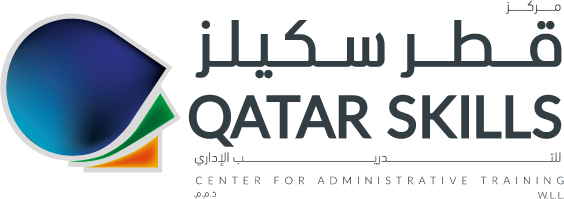array (
'course-city' =>
array (
0 => 48,
177 => 90,
226 => 77,
336 => 106,
371 => 107,
445 => 72,
486 => 108,
528 => 109,
551 => 110,
582 => 111,
604 => 71,
639 => 112,
673 => 78,
708 => 113,
798 => 70,
818 => 114,
875 => 115,
877 => 127,
910 => 116,
1054 => 117,
1226 => 118,
1324 => 91,
1402 => 119,
1492 => 120,
),
'course-language' =>
array (
0 => 49,
706 => 126,
),
'types' =>
array (
0 => 81,
),
'course-category' =>
array (
0 => 67,
127 => 64,
128 => 65,
129 => 58,
130 => 59,
131 => 66,
132 => 125,
133 => 60,
134 => 61,
135 => 123,
136 => 46,
137 => 51,
138 => 62,
139 => 85,
140 => 83,
141 => 76,
144 => 99,
145 => 57,
146 => 63,
149 => 97,
152 => 98,
157 => 124,
158 => 103,
159 => 104,
160 => 105,
161 => 55,
162 => 75,
163 => 53,
164 => 56,
172 => 100,
174 => 101,
178 => 122,
191 => 121,
240 => 102,
),
'course-type' =>
array (
0 => 73,
),
)Root Cause Failure Analysis (RCFA)
Course Overview:
This Root Cause Failure Analysis training course will enable delegates to remain abreast of the latest researched trends, techniques and strategies to improve the condition and performance of their operational process. This hands-on intervention will equip you with the necessary basic knowledge and skills to optimize the function, daily running, and maintenance of the five main aspects of the process.
RCA practice aims to solve problems by attempting to identify and correct the root causes of events, as opposed to simply addressing their symptoms. By focusing correction on root causes, problem recurrence can be prevented. RCFA (Root Cause Failure Analysis) recognizes that complete prevention of recurrence by one corrective action is not always possible.
Root cause analysis is not a single, sharply defined methodology; there are many different tools, processes, and philosophies for performing RCA. Most of RCA tools are also use as Risk Analysis and Management Tools.
In our course we will present clear understanding of different RCA tools, sequences and undergo exercises that will pave the road for immediate application for the RCA concepts into your everyday operations.
Course Objectives:
By the end of this training, participants will be able to:
- To understand the basics of RCA and its relation to modern maintenance
- To understand the difference between failure modes, failures and failure effects
- To understand the difference between sporadic, chronic and cascading failures
- To present in theory and practice through exercises the different RCA tools
- To relate RCA analysis and tools to other maintenance methodologies
- Present Actual case studies of complex situations
- Demonstrate several software tools of different capabilities to assist in RCA application
Who Should Attend?
This course is ideal for maintenance managers, operations managers and reliability professionals. Maintenance engineers, experienced supervisors, planners and functional specialists will also benefit greatly from this course.
Course Contents:
Module (01) Concept of Failure
- Machine Failure
- Types of Failure Causes
- Effect of Failure
- Failure Cascading
- Failure Modes
- Chronic vs. Sporadic Problems
Module (02) Root Cause Failure Analysis process
- What RCFA is?
- Types of Root Causes
- Process of RCA – Generic Steps in an RCFA
- Challenges in Setting up RCFA
Module (03) Basic pre-RCA tools
- Problem definition
- Process definitions
- Process Mapping – Flow chart
- SIPOC
- Data collection tools
- Essential statistics
Module (04) RCA tools: Prioritization – FMEA Failure Modes & Effects Analysis
- Failure Analysis Methods
- Risk Priority Number – RPN
- Implementing FMEA
- FEMA examples and exercises
Module (05) Understanding and Investigation
- 5 Whys technique
- The Ishikawa Diagram
- Fault Tree Analysis – FTA
- Pareto Charts
- Tools analysis and exercises’ results discussions
Module (06) Lean Six Sigma in RCA
- Visual Management: 5S
- The effect of losses/waste
- Value Stream Mapping
- The effect of inconsistency
- Detecting wastes through DOWNTIME tool
- DAMIC process
Module (07) Decision Making methodologies
- What is a Decision
- Financial methods
- Operational methods
Module (08) Case studies and SW tools
- Dust Explosions RCA
- Assignment case studies discussion
- SW package samples
Module (09) Assessment and continuous improvement through KPIs
- Introduction to KPIs
- Choosing KPIs
- Measuring the O & M Program effectiveness
Course Summary & Conclusion



